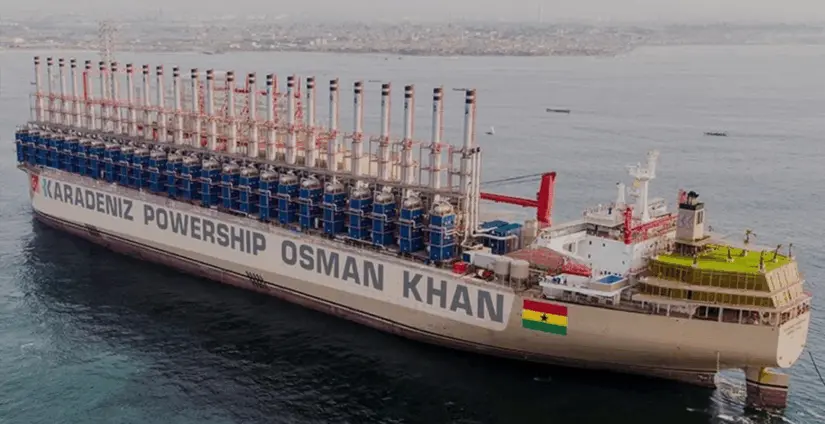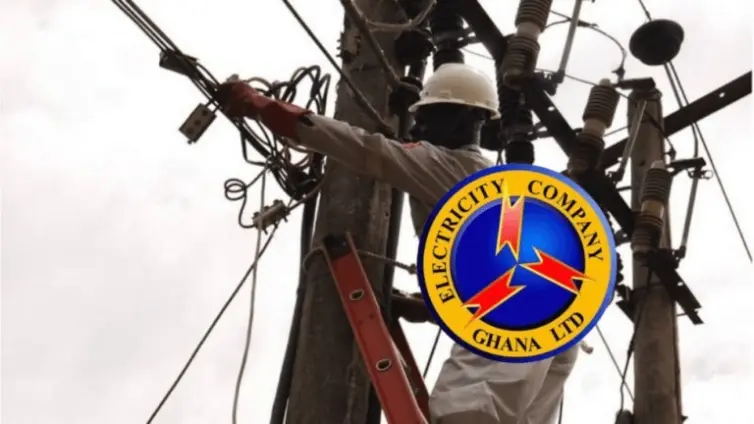In a developing story that highlights the complex intersection of international business, resource extraction, and national sovereignty, a court in Mali is preparing to review a pivotal request from the nation’s military government. At the heart of the matter is the potential reopening of Barrick Gold’s Loulo-Gounkoto gold mine, a significant asset for both the company and the Malian economy. This hearing follows a period of suspended operations, a consequence of a deepening dispute over taxes and ownership, potentially escalating tensions between Mali and the Canadian mining giant, Barrick. The resolution of this dispute around the Barrick Mine Reopening will have far-reaching implications, setting precedents for foreign investment and resource management in the region.
Since 2023, Barrick (formerly Barrick Gold) and Mali’s government have been locked in a contentious debate over a new mining code. The code proposes increased taxes and a larger government share in mining operations. Tensions further escalated when Barrick halted operations, citing restrictions on gold exports imposed by the Malian government. Compounding the issue, the government seized approximately 3 tons of gold, valued at an estimated $317 million, accusing Barrick of failing to meet its tax obligations. Barrick, however, maintains that operations can only resume once Mali lifts the gold export restrictions. The company initiated international arbitration against Mali in December 2024, signaling the seriousness of the dispute.
Now, Mali’s government, which holds a 20% stake in the Loulo-Gounkoto complex, is seeking to reopen the mines under provisional administration. Souleymane Maïga of the Tribunal de Commerce of Bamako confirmed the upcoming hearing, setting the stage for a potentially dramatic shift in control. If the court approves the government’s request, a new management body would be appointed to oversee the operations of the mines. According to sources familiar with the situation, the government justifies its request by claiming that Barrick signed the “wrong” agreement. Additional payments have also been requested, aligning with what the government claims are unpaid taxes accrued since the suspension of operations.
The ramifications of the upcoming hearing are significant. Should the judge rule in favor of the government, a new management body, hand-picked by the court, would take control of the Barrick Mine Reopening efforts. However, according to a lawyer involved in the case, granting the request could be interpreted as an attempt to expropriate Barrick’s assets, representing a major escalation in the already strained relationship between the mining company and the Malian government. Despite the legal proceedings, both parties are reportedly engaged in negotiations, attempting to forge a memorandum of understanding that would resolve the dispute. Barrick CEO Mark Bristow has stated that the two sides came close to an agreement on at least three separate occasions.
One such agreement, which would have seen Barrick paying 275 billion CFA (approximately $438 million) in exchange for the release of detained managers and the seized gold, ultimately failed to secure government approval. As of now, spokespersons for both Barrick and Mali’s Mines Ministry have remained silent on the matter, declining to comment on the ongoing legal proceedings and negotiations. The upcoming court decision on the Barrick Mine Reopening request marks a critical juncture in the ongoing dispute between Barrick and the Malian government. The outcome will not only significantly impact Barrick’s operations and Mali’s economy but also the broader investment climate in the region. The situation remains fluid, with negotiations continuing alongside legal proceedings.
Image Source: MYJOYONLINE





















